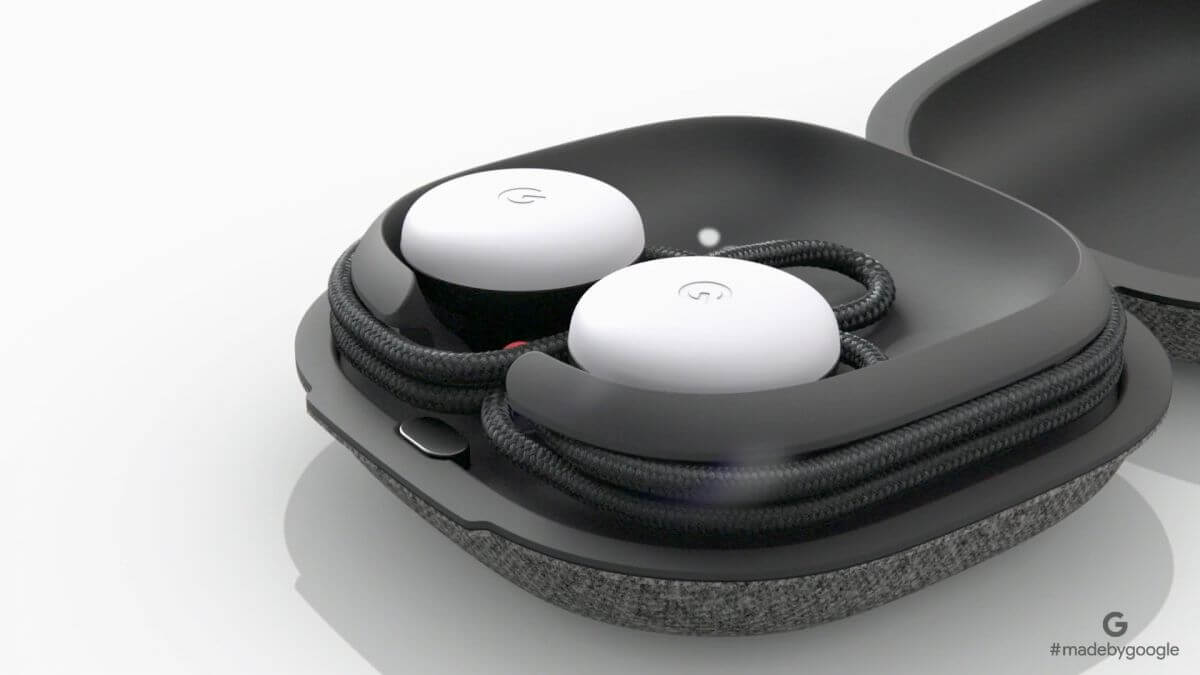
As an increasing number of smartphones lose the traditional headphone jack, quick and simple wireless pairing is becoming ever more important. Apple leads the way here; the company's AirPods connect to devices with ease. Now, Google is expanding its similar, Bluetooth-based system to more Android handsets.
Called Fast Pair, the system has been available in the Pixel 2 handsets since launch, but it now works with all devices running Android 6.0 (Marshmallow) and above. By using Bluetooth Low Energy and a phone’s location, it can automatically detect nearby devices. It’s then simply a matter of clicking the “Tap to pair” notification to establish a connection—just like connecting some AirPods to an iPhone.

When a phone detects a Fast Pair-enabled device, you’ll see not only the product name on the notification but also its image and companion app, assuming one exists. Once connected, there will be an option to download the associated application.
While it’s certainly an improvement over the old method, the process still uses Bluetooth, so wireless speed and range haven't increased. But that will change once Bluetooth 5.0 makes its way to more devices.
Extending the system’s compatibility right back to Marshmallow will be welcomed by most Android handset owners. Android 6.0 is still the most popular version of the operating system, found on an estimated 32 percent of Android devices. But it’s bad news for those still on Lollipop, which has a 27.7 percent total market share.
Initially, only three products support Fast Pair—Google Pixel Buds, Libratone's Q Adapt On-Ear, and Plantronics Voyager 8200-series wireless headsets—but more manufacturers are expected to start adopting it. Users will also need Google Play Services (11.7) installed, which is now rolling out.
https://www.techspot.com/news/71676-android-new-fast-pair-feature-makes-wireless-bluetooth.html